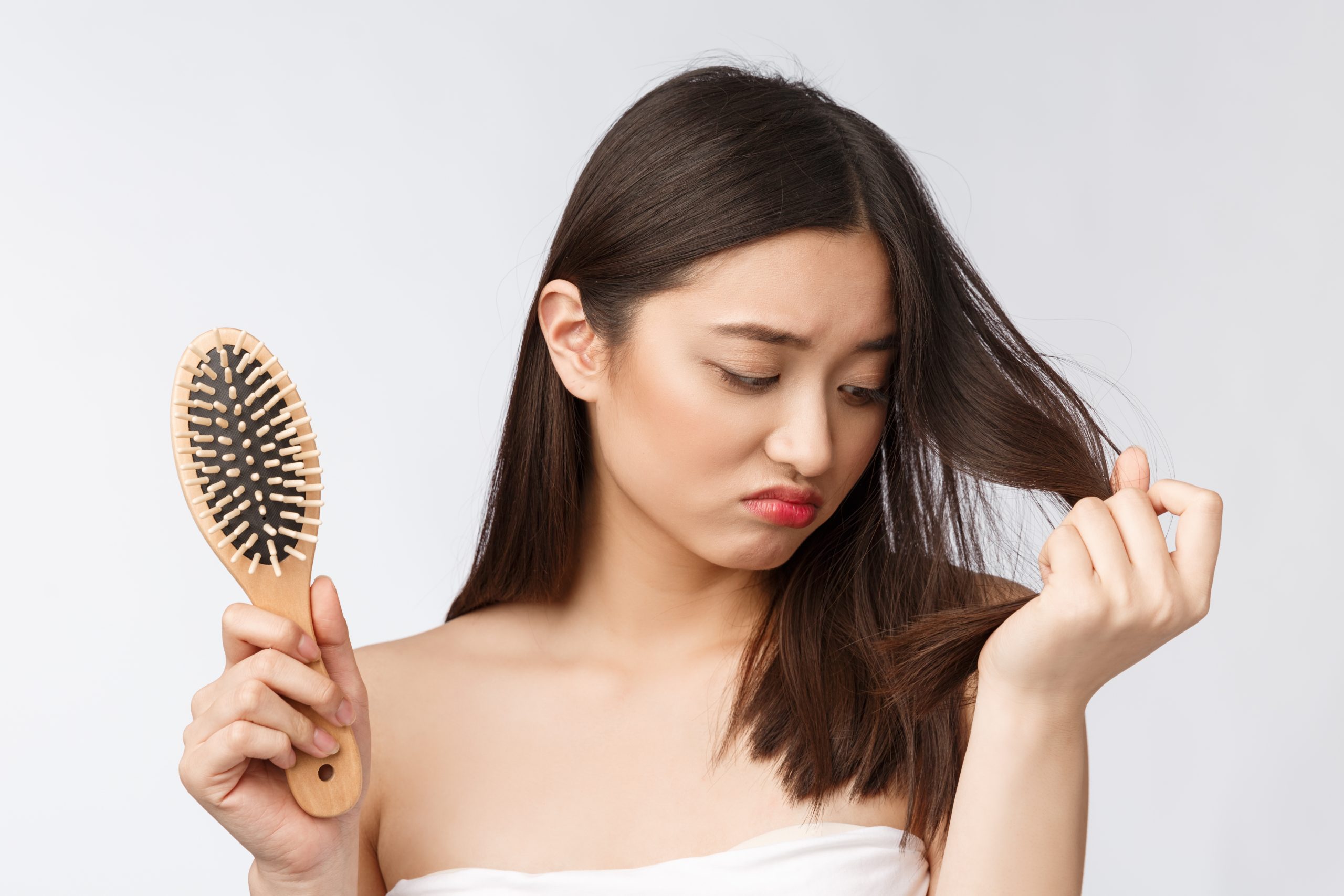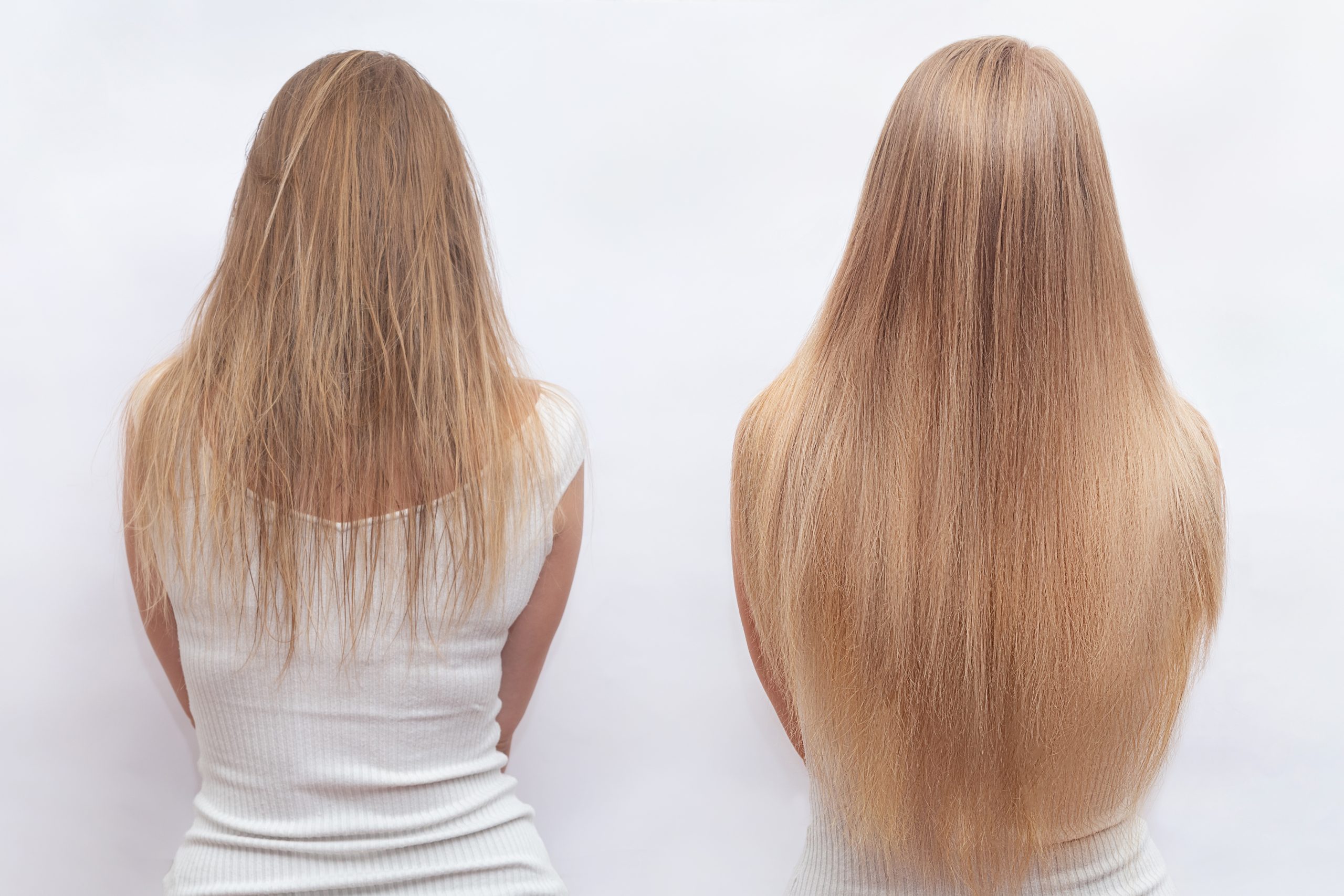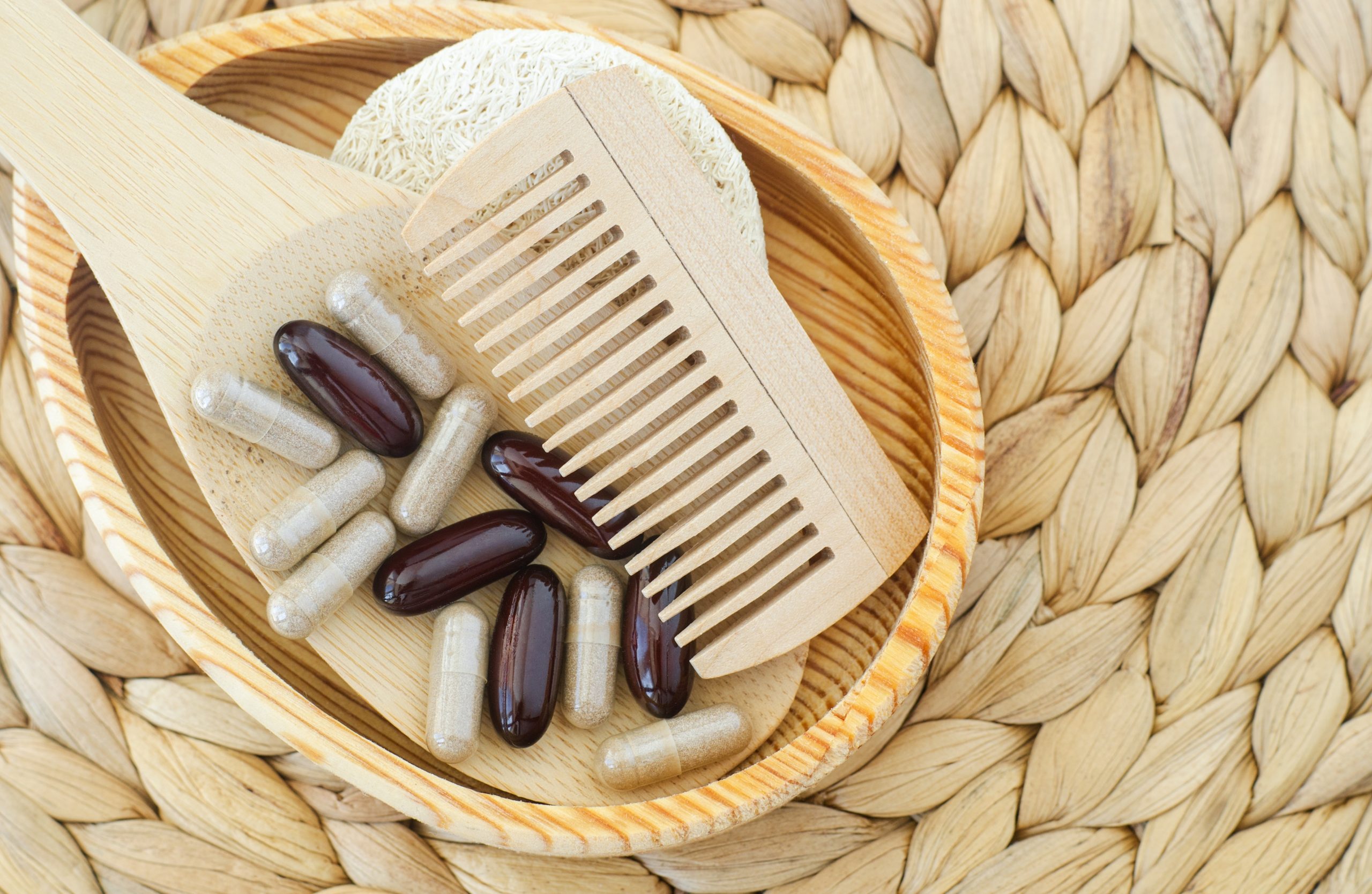A healthy scalp is essential for healthy hair growth. The scalp provides the foundation for hair growth and plays a key role in maintaining healthy hair. In this article, we’ll explore the connection between hair growth and scalp health.
The Role of the Scalp in Hair Growth
The scalp is the skin on the top of the head that supports the hair follicles. Hair follicles are tiny sacs in the skin that produce hair. The scalp provides the blood supply and nutrients needed for hair growth, and also helps regulate the hair growth cycle.
The hair growth cycle is a complex process that involves three phases: the anagen phase (growth phase), the catagen phase (transition phase), and the telogen phase (resting phase). During the anagen phase, the hair grows actively from the hair follicle. The length of the anagen phase varies depending on factors such as genetics and age. During the catagen phase, the hair stops growing and detaches from the hair follicle. Finally, during the telogen phase, the hair falls out and the hair follicle enters a resting phase before beginning a new growth cycle.
Scalp Health and Hair Growth
Scalp health plays a crucial role in the hair growth cycle. A healthy scalp provides the nutrients and blood supply needed for hair growth, as well as a clean environment for hair growth. In contrast, an unhealthy scalp can lead to hair loss or stunted hair growth.
Common scalp conditions that can affect hair growth include:
Dandruff: Dandruff is a common scalp condition that can cause itching and flaking. Dandruff can also affect hair growth by clogging hair follicles and interfering with the hair growth cycle.
Psoriasis: Psoriasis is a chronic autoimmune condition that causes red, scaly patches on the scalp and other areas of the skin. Psoriasis can affect hair growth by slowing down the hair growth cycle and causing hair loss.
Folliculitis: Folliculitis is an inflammation of the hair follicles that can be caused by bacteria, fungus, or other factors. Folliculitis can cause hair loss by damaging the hair follicles and interfering with the hair growth cycle.
Tips for Maintaining Scalp Health
Maintaining scalp health is essential for healthy hair growth. Here are some tips for maintaining scalp health:
Wash hair regularly: Regular hair washing can help keep the scalp clean and prevent scalp conditions such as dandruff.
Use a gentle shampoo: Using a gentle shampoo can help avoid irritating the scalp and causing inflammation.
Avoid harsh chemicals: Harsh chemicals such as hair dyes and relaxers can damage the hair and scalp. Avoiding these products can help maintain scalp health.
Eat a healthy diet: Eating a healthy, balanced diet rich in vitamins and minerals can help provide the nutrients needed for healthy hair growth.
Avoid tight hairstyles: Tight hairstyles such as braids and ponytails can pull on the hair and scalp, leading to hair loss and damage to the hair follicles.
Manage stress: Stress can affect hair growth by interfering with the hair growth cycle. Managing stress through relaxation techniques such as meditation or yoga can help maintain scalp health.
In conclusion, scalp health plays a crucial role in hair growth. A healthy scalp provides the nutrients and blood supply needed for hair growth, as well as a clean environment for hair growth. Maintaining scalp health involves washing hair regularly, using a gentle shampoo, avoiding harsh chemicals, eating a healthy diet, avoiding tight hairstyles, and managing stress. By maintaining scalp health, it’s possible to promote healthy hair growth and maintain a healthy scalp.





